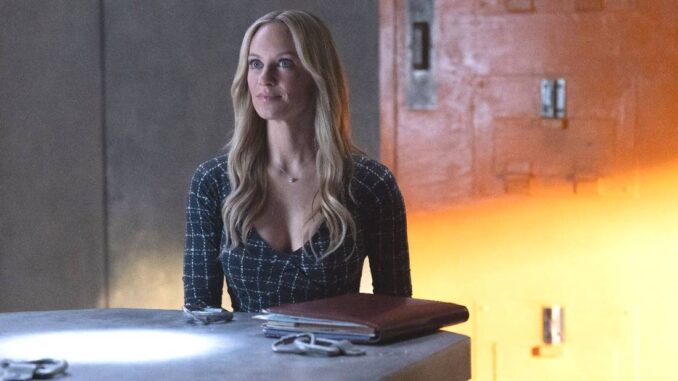
The stage lights dim, and a collective breath is held. For an actor, the conclusion of a long-running role is both a triumph and a tender farewell. It's the moment the comfortable costume is shed, the familiar lines fade, and the path ahead stretches into uncharted territory. This is the precipice where Danielle Savre stands, transitioning from the adrenaline-fueled, emotionally charged world of Station 19 to the mysterious, investigative landscape of Found. Her move isn't merely a shift in call sheets; it's a profound journey into the artistic unknown, an illustrative example of the inherent questions that lie ahead when an artist dares to reinvent.
For six seasons, Danielle Savre embodied Maya Bishop, the ambitious, flawed, and fiercely independent firefighter who burned as brightly as the fires she fought. From her meteoric rise to captain to her wrenching fall, from her vulnerable exploration of sexuality to her poignant journey through infertility and marital strife, Maya was a character etched deep into the hearts of viewers. Savre’s portrayal was a masterclass in nuance, transforming a character who could have been one-dimensional into a complex figure whose struggles felt viscerally real. She made Maya's triumphs our triumphs, her heartbreaks our own. Leaving such an indelible mark, stepping away from a role that has become synonymous with her public identity, is akin to leaving a well-built home for the vast, open road. The question isn't just "What's next for the actor?" but "How does one shed the skin of a beloved persona and embrace a new one, still unfamiliar even to oneself?"
Now, the spotlight shifts to Found, a new NBC drama where Savre steps into the shoes of Lacy. While the details of Lacy's character are still unfolding, the very premise of the show—focusing on a team dedicated to finding missing persons, often those overlooked by society—promises a darker, more psychological depth. This is not the familiar comfort of a procedural drama rooted in action and personal relationships, but a plunge into the chilling abyss of human disappearance and the quiet desperation of those left behind. For Savre, this presents a thrilling, yet daunting, artistic challenge. It’s a blank canvas after years of intricate detail, a new vocal range to discover after mastering a specific melody. Will Lacy be as fiery as Maya, or will she possess a quiet intensity, a haunted wisdom born from her work? These are the initial questions that flicker in the minds of both actor and audience, not just about plot, but about the very essence of a new creation.
Beyond the actor's personal journey, the move sparks a myriad of questions for the loyal viewership. Fans, who invested years in Maya Bishop, now find themselves at a crossroads. Will they follow Savre to this new narrative, or will the emotional tether to Station 19 prove too strong to break? The connection between an actor and their audience is a delicate tapestry woven with shared experiences, emotional resonance, and a sense of shared history. When an actor moves on, it asks the audience to also move on, to develop new loyalties, to open their hearts to a character they have no history with. Will Lacy capture their imagination as profoundly as Maya did? Will the new ensemble cast, the new showrunners, the new tone, resonate with the specific chord that Station 19 struck? These are the questions that define the success of a transition, lying not just in critical acclaim, but in the intangible embrace of a community of viewers.
Ultimately, Danielle Savre’s move from Station 19 to Found is an illustrative essay on the universal human experience of venturing into the unknown. It mirrors the career changes we all face, the new cities we move to, the new relationships we forge, the new versions of ourselves we strive to become. There is comfort in the familiar, a security in the established narrative. But true growth, artistic or personal, often lies just beyond that comfort zone, in the space where questions outnumber answers. Savre’s journey into the depths of Found is a testament to the courage of embracing these questions, not as obstacles, but as the very fuel of discovery. We, the audience, wait on the edge of our seats, ready to witness not just a new character, but a new chapter in an artist's evolving story, eagerly anticipating the answers that will, eventually, unfold.
